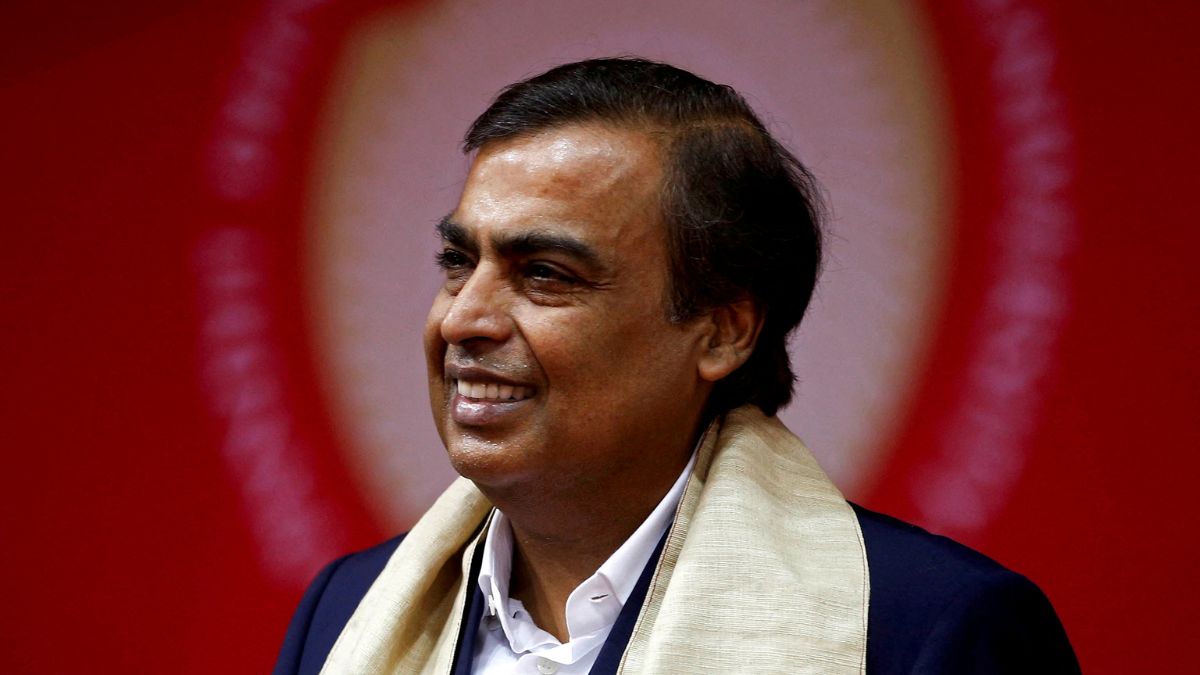Finance Minister Nirmala Sitharaman’s upcoming budget is likely to focus on FDI liberalisation, removal of angel tax and boosting domestic production through PLI schemes amidst ongoing global economic challenges read more
)
Union Finance Minister Nirmala Sitharaman. PTI
Despite a challenging year for the global economy, the International Monetary Fund has predicted that the Indian economy is expected to achieve a growth rate of 7 per cent in 2024-2025. Against this backdrop, Finance Minister Nirmala Sitharaman will present the first Union Budget of Prime Minister Narendra Modi’s newly elected coalition government. Given that the last interim budget presented in February 2024 was muted, there is a general desire for the government to announce major reforms to aid the India growth story and set the course for the next five years.
Liberalisation of Foreign Direct Investment (FDI)
Nearly all major mergers and acquisitions (M&A) transactions involve direct or indirect foreign investment, leading to significant growth in the inflow of FDI. Sectors that have been liberalised have seen accelerated growth due to increased FDI. For instance, the insurance sector has received approximately Rs54,000 crore as FDI in the last nine years. Similar effects were also seen in the medical devices sector upon its liberalisation. Recently, the secretary of the Department of Promotion of Industry and Internal Trade (DPIIT), Rajesh Kumar Singh, stated that internal consultations are underway for further liberalisation of the FDI regime. In the upcoming budget announcement, measures to further liberalise FDI norms by increasing or removing caps for foreign ownership and removing onerous conditionalities, particularly in sectors such as retail trading, will further boost FDI in India.
Removal of ‘angel tax’
On the private equity investment front, one of the key expectations is the removal of the ‘angel tax.’ This tax liability applies to an unlisted company if it issues shares at a price over and above its Fair Market Value (FMV). Last year’s budget extended the applicability of angel tax to investments by foreign investors, which has been highly criticised. Despite exemptions introduced by the government, the angel tax remains a burden for the startup ecosystem. It has been reported that the DPIIT favours removing the angel tax. The Finance Ministry should consider stakeholders’ requests by either completely removing the angel tax or introducing broader exemptions.
Realising the inorganic potential of the PLI schemes
The Production Linked Incentives (PLI) Scheme is a flagship initiative to promote the ‘Make in India’ campaign aimed at boosting domestic production. If implemented correctly, PLI Schemes could create incentives for foreign investors to invest in India. In the upcoming budget, the government should consider lowering eligibility criteria and adjusting production-linked targets to make PLI schemes accessible to companies pursuing inorganic growth through M&A. Certain schemes remain restricted to ‘Domestic Companies,’ reducing the appeal of PLI Schemes for foreign investors and consequently impacting deal-making in such sectors.
The ‘China Syndrome’
The government is likely to continue its policy of discouraging investment from China, given the ongoing tensions at the border. However, the budget could signal that Press Note 3 of 2020, requiring governmental approval for any investment from land bordering countries, including China, will be tweaked to accommodate ‘non-control’ M&A deals from China and investment in ‘high-end’ manufacturing and ‘cutting-edge’ technology.
Privatisation: A key trigger for M&A
The previous government demonstrated through marquee privatisation deals, such as the sale of Air India, that taxpayers should not support the public sector in industries where a robust private sector exists. It remains to be seen whether the government will adopt a free-market approach, focusing on serving society’s basic needs. If this budget includes provisions for privatisation, it could supercharge M&A activity in those sectors.
Way forward
A large part of India’s foreign investment and M&A framework is controlled by the Reserve Bank of India and the Securities and Exchange Board of India, among others, rather than directly by the Finance Ministry. Therefore, a broad budgetary ask from an M&A and private equity perspective would be a continuation of previous business-friendly policies, minimal unpleasant surprises and a continued commitment to ease of doing business.
Avimukt Dar is Founding Partner and Shivani Singh is Senior Associate, IndusLaw. Views expressed in the above piece are personal and solely that of the author. They do not necessarily reflect Firstpost’s views.

 1 month ago
11
1 month ago
11
)
)
)
)
)
)
)
)
)
)
)
)
)
)
)
)
)
)
)
)
)
)
)
 English (US) ·
English (US) ·